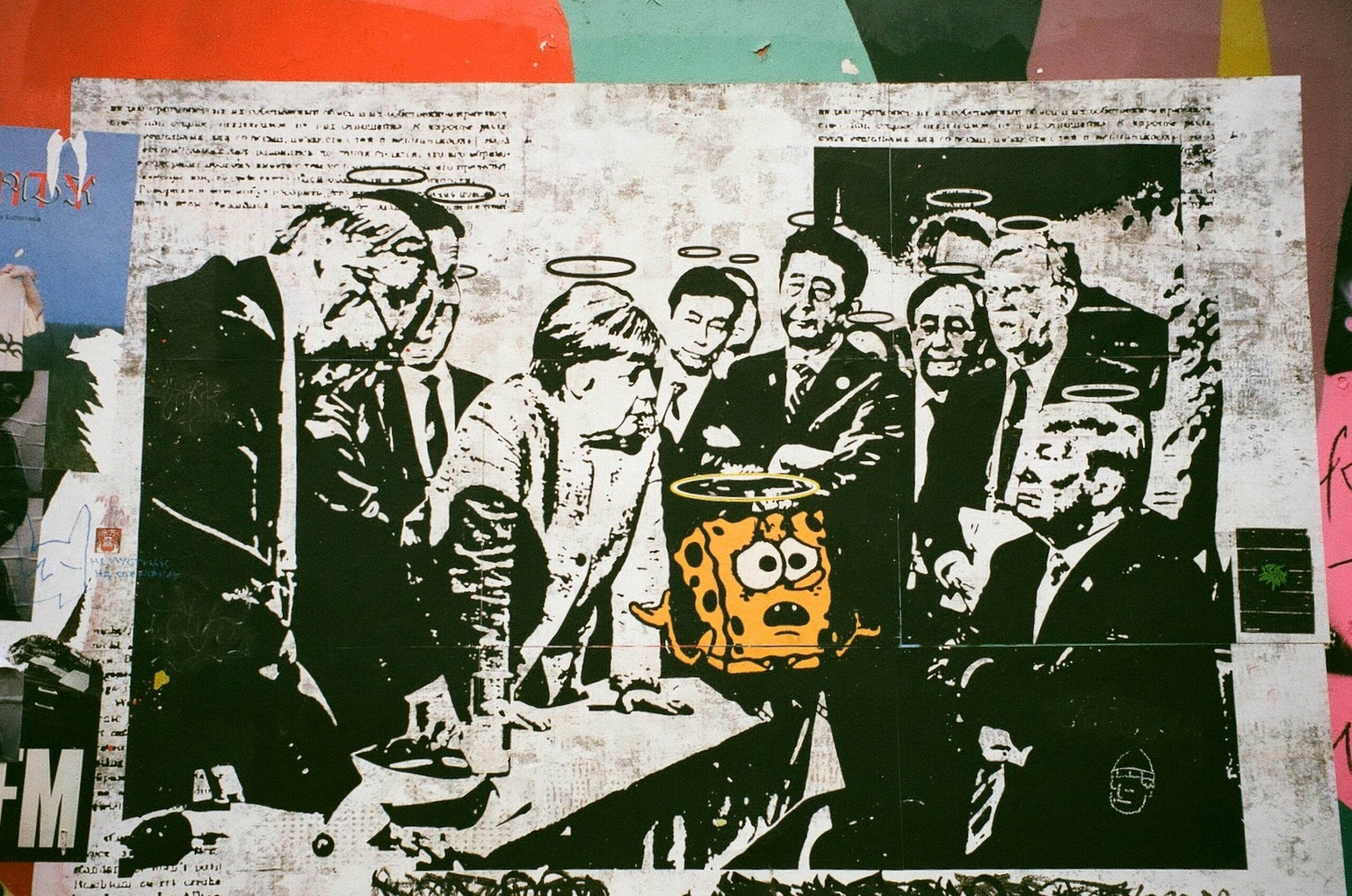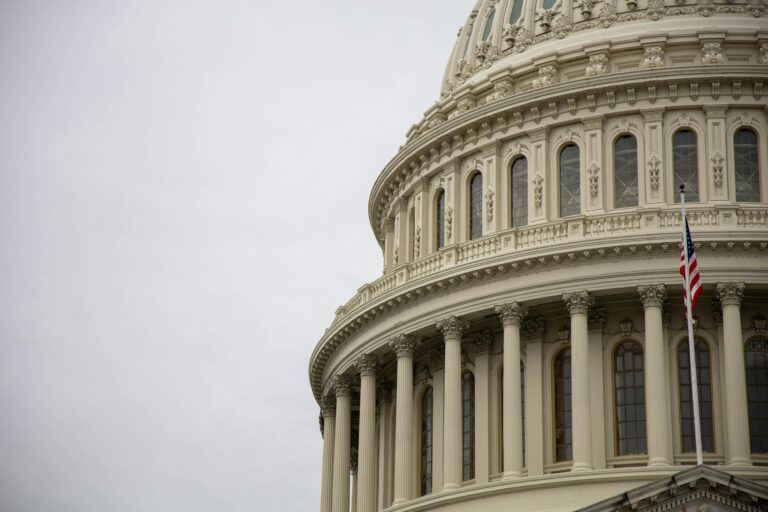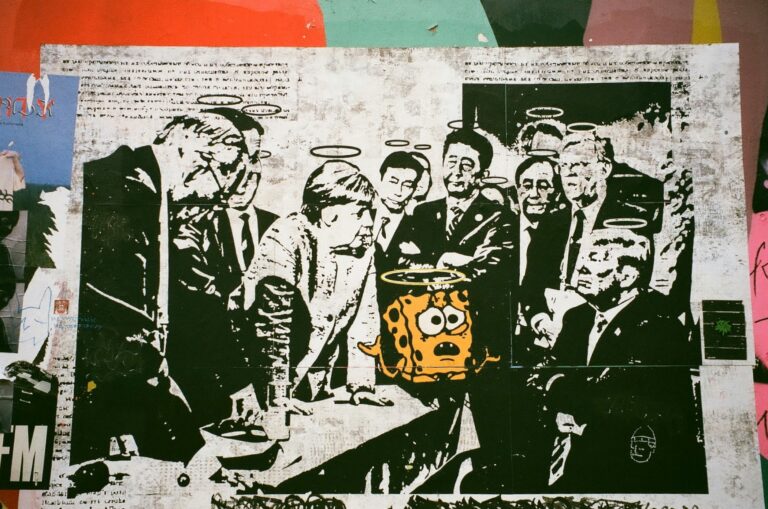
Introduction
Money is the lifeblood of political campaigns. From advertising to organizing rallies, virtually every aspect of a political campaign requires funding. Fundraising in politics plays a crucial role in determining which candidates can effectively communicate their message to voters, gain visibility, and ultimately win elections. However, the role of money in politics is not without controversy. Critics argue that the influence of money can lead to corruption, unequal representation, and an erosion of democratic values. In this article, we will investigate the role of fundraising in political campaigns, explore the influence of money on politics, and discuss the ongoing debate over campaign finance reform.
The Importance of Fundraising in Political Campaigns
Fundraising is essential for political campaigns because it provides the resources needed to run an effective campaign. Modern political campaigns are expensive undertakings, requiring significant funding to cover costs such as television advertisements, digital marketing, staff salaries, travel expenses, and more. Candidates who can raise substantial funds have a distinct advantage over those who cannot, as they can afford more visibility, better outreach, and a broader reach to voters.
Fundraising also serves as an indicator of a candidate’s viability. Political donors tend to contribute to candidates they believe have a realistic chance of winning. Therefore, strong fundraising numbers can help a candidate build momentum, attract endorsements, and secure media coverage. Candidates who struggle to raise funds may find it challenging to gain traction, regardless of the strength of their platform or the popularity of their ideas.
In addition to providing the financial resources needed for campaigning, fundraising helps establish credibility. A candidate who can secure donations from a broad base of supporters demonstrates that they have a strong level of grassroots support. This is particularly important for candidates who lack name recognition or are running against well-established opponents. Fundraising success can help level the playing field and give underdog candidates a fighting chance.
Sources of Campaign Funding
Political campaigns receive funding from a variety of sources, including:
- Individual Contributions: Individual contributions are one of the most significant sources of campaign funding. Donors can contribute directly to a candidate’s campaign, subject to limits set by campaign finance laws. These contributions can come from supporters across the country, and grassroots fundraising efforts often focus on securing small donations from a large number of individuals.
- Political Action Committees (PACs): PACs are organizations that collect contributions from individuals and distribute them to candidates or political parties. PACs can be formed by businesses, labor unions, or advocacy groups to support candidates who align with their interests. Traditional PACs are subject to contribution limits, which restrict the amount of money they can give to a candidate or party.
- Super PACs: Super PACs are a relatively recent development in political fundraising, emerging after the 2010 Citizens United v. Federal Election Commission (FEC) decision by the U.S. Supreme Court. Unlike traditional PACs, Super PACs can raise and spend unlimited amounts of money to support or oppose candidates, as long as they do not coordinate directly with a candidate’s campaign. This has led to an influx of outside money into political campaigns, often resulting in a flood of negative advertising.
- Party Committees: Political parties also provide funding to candidates through their national, state, and local committees. Party committees can provide direct contributions to candidates, as well as offer logistical and strategic support. This type of funding is particularly important during general elections, as parties work to ensure that their nominees have the resources they need to compete.
- Self-Funding: Some candidates choose to self-fund their campaigns, using their personal wealth to cover campaign expenses. This is often seen in wealthy candidates who can afford to finance their own campaigns without relying on external donors. While self-funding can provide a candidate with independence from special interests, it also raises concerns about the role of wealth in politics and whether only the wealthy can afford to run for office.
The Influence of Money on Politics
The influence of money on politics is a topic of ongoing debate. On one hand, fundraising is necessary for candidates to communicate their message and engage with voters. On the other hand, the reliance on campaign contributions raises questions about whether candidates are more accountable to their donors than to the public at large.
Access and Influence
One of the primary concerns about the role of money in politics is the potential for wealthy donors and special interest groups to wield disproportionate influence over elected officials. Large campaign contributions can give donors greater access to candidates, potentially leading to favoritism in policymaking. For example, a corporation that contributes heavily to a candidate’s campaign may expect favorable treatment in return, such as support for deregulation or tax breaks that benefit their industry.
The issue of “pay-to-play” politics has led to concerns that the interests of ordinary citizens are being overshadowed by the interests of the wealthy and powerful. Critics argue that candidates who rely heavily on large donations from corporations or wealthy individuals may be less likely to prioritize policies that benefit working-class voters or address issues such as income inequality, healthcare, and climate change.
Campaign Finance Laws and Reform Efforts
Campaign finance laws are intended to regulate the flow of money into political campaigns and prevent corruption. In the United States, campaign finance laws have undergone significant changes over the years, with key court decisions shaping the current landscape. The Federal Election Campaign Act (FECA) of 1971 and subsequent amendments established limits on contributions and required campaigns to disclose their donors. The creation of the FEC in 1974 provided oversight and enforcement of campaign finance laws.
However, the landscape of campaign finance changed dramatically with the 2010 Citizens United v. FEC decision, which allowed corporations and unions to spend unlimited amounts of money on independent political expenditures. This ruling led to the rise of Super PACs and a surge in outside spending, raising concerns about the influence of money on elections and the potential for corruption.
In response to the growing influence of money in politics, there have been numerous calls for campaign finance reform. Proposals for reform include:
- Public Financing: Public financing of campaigns is one proposed solution to reduce the influence of private money in politics. Under this system, candidates would receive government funding for their campaigns, reducing their reliance on private donors. Public financing programs already exist in some states and municipalities, and proponents argue that expanding public financing could help level the playing field and reduce corruption.
- Contribution Limits: Setting stricter limits on campaign contributions is another approach to reducing the influence of money in politics. By capping the amount that individuals, PACs, and other entities can contribute, campaign finance laws can help ensure that no single donor has undue influence over a candidate. Critics of this approach argue that contribution limits may infringe on free speech rights, as campaign contributions are considered a form of political expression.
- Increased Transparency: Transparency is a key component of campaign finance reform. Requiring campaigns, PACs, and Super PACs to disclose their donors and expenditures can help voters understand who is funding political campaigns and hold candidates accountable. Increased transparency can also help prevent corruption by shining a light on the flow of money in politics.
Case Studies: The Role of Fundraising in Recent Campaigns
- Barack Obama’s 2008 Campaign: Barack Obama’s 2008 presidential campaign is often cited as an example of successful grassroots fundraising. The campaign focused on small-dollar contributions from a large number of individual donors, leveraging the power of the internet and social media to reach a broad audience. This approach not only provided the campaign with the resources it needed but also demonstrated a strong level of grassroots support, helping Obama build momentum and ultimately win the election.
- Donald Trump’s 2016 Campaign: Donald Trump’s 2016 campaign took a different approach to fundraising, relying heavily on his personal wealth and small-dollar donations from supporters. Trump’s anti-establishment message resonated with voters who were disillusioned with traditional politics, and his ability to self-fund allowed him to portray himself as independent from special interests. However, Trump’s campaign also benefited from significant outside spending by Super PACs, highlighting the complex role of money in modern campaigns.
- Michael Bloomberg’s 2020 Campaign: Michael Bloomberg’s 2020 presidential campaign is an example of the role of self-funding in politics. Bloomberg, a billionaire, spent over $1 billion of his own money on his campaign, flooding the airwaves with advertisements and building a massive campaign infrastructure. Despite his vast resources, Bloomberg ultimately failed to gain traction with voters, demonstrating that while money is important, it is not always sufficient to secure electoral success.
The Debate Over Campaign Finance Reform
The debate over campaign finance reform centers on the balance between free speech and the need to prevent corruption. Supporters of reform argue that the current system allows wealthy donors and special interests to have too much influence over the political process, undermining the principle of equal representation. They advocate for measures such as public financing, contribution limits, and increased transparency to reduce the role of money in politics.
Opponents of campaign finance reform often cite the First Amendment, arguing that political contributions are a form of free speech and that individuals and organizations should have the right to support candidates and causes they believe in. They contend that limiting contributions or imposing restrictions on spending infringes on this fundamental right and that efforts to regulate campaign finance could have unintended consequences, such as limiting political participation.
Conclusion
Fundraising is a critical component of political campaigns, providing the resources needed to communicate with voters, build support, and compete in elections. However, the influence of money on politics raises important questions about access, influence, and the integrity of the democratic process. While fundraising is necessary for campaigns to succeed, it also has the potential to create inequalities and erode public trust in government.
The debate over campaign finance reform is unlikely to be resolved anytime soon, as it touches on fundamental issues of free speech, equality, and the role of money in society. As voters, it is important to remain informed about the sources of campaign funding and to hold candidates accountable for their financial relationships. By demanding greater transparency and supporting efforts to reduce the influence of money in politics, we can work toward a more equitable and representative political system.



